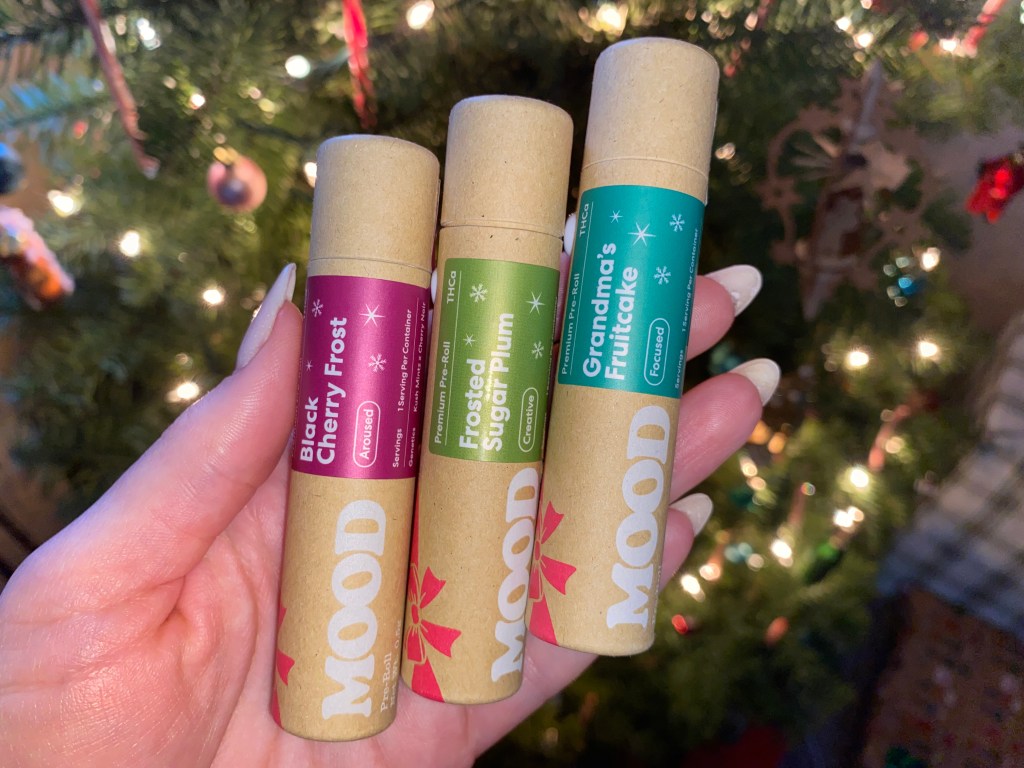The women in Iraq look angry. In fairness, they have good reason to be – ISIS has taken over a third of the country, bombings have become causal occurrences and work life is riddled with corruption. Life, overall, is pretty shitty. But this isn’t why the women look so vexed.
It’s not even the fiery temperament that Iraqi women are renowned for; it’s their eyebrows. They all have the same eyebrows, tattooed on in two severe, straight lines, as is currently in fashion. Cosmetic procedures are on the rise in Iraq – beauty clinics have sprung up in the major cities, and treatments like botox and fillers are proving to be more popular than massages or facials – but it’s these eyebrows that are particularly striking.
Videos by VICE
Many in the UK will be familiar with the “Scouse brow” – bold, dark arches achieved with stencils and pencils. The Iraqi versions are similar, but a bit more straight and a lot more permanent.
Few women in Baghdad are without a freshly tattooed pair. They have become status symbols, a way to demonstrate one’s wealth and pride in appearance, and the trend cares little for age.
At Baghdad’s most upmarket beauty clinic – the Barbie Beauty Clinic – some 30 women were waiting to get their eyebrows tattooed when I visited. Some of them were alone, but most had come with their daughters. One woman waiting patiently was Um Zamen, a government employee in her fifties.
All the women at work have had their eyebrows done, she said, “So why not me? It’s peer pressure.”
The centre was opened by 29-year-old plastic surgeon Dr Afif al-Yusri last year and has fast gained a reputation as one of the most luxurious clinics in Baghdad. It’s the place to go if you want a new nose, liposuction or a head full of hair. Eyebrow tattoos are incredibly popular here, alongside botox and filler treatments. Each of these treatments costs some £130, about two-thirds of the average monthly salary in Baghdad.
“It’s a form of self-expression,” said Rabha Hamid, manager at the Barbie clinic. “People want to express their own and stay in fashion.”
She added that peer pressure plays a significant part, but mostly “people do this to feel happy. They want to be happy with themselves and to feel complete.”
Most of the women who leave these clinics come out with a pair of unbending, dark strips above their eyes, and a stiff face void of much expression except anger. For many, this sort of beautification is a way to escape the troubles they face in their daily lives, and it appears to have become almost an alternative to therapy.
“Our hearts and minds are not clear. There’s no safety, no security, the people are depressed and stressed. Life is so rough that you just want to do something to express yourself,” said Um Zamen. “You can see the stress on our face. If we had enough sleep and didn’t need to worry, we wouldn’t need to get these treatments.”
It is a sentiment that many men in Iraq can also sympathise with. Beauty clinics are increasingly catering to men, with Barbie dedicating every Tuesday to its male clientele, providing them with a host of treatments that range from hair transplants to rhinoplasty.
The desire to look good for both sexes stems mainly from the proliferation of Turkish soap operas and Lebanese pop stars that dominate Iraqi television screens. Icons like Kivanc Tatlitug, better known as “Muhannad” from the Noor TV series, and songstress Haifa Wehbe have infiltrated the expectations and standards of beauty in Iraq. Images of these famous faces are shared across social media networks, which have helped open up a world to Iraqis beyond their violent borders.
Up in the Kurdish north, things are slightly more muted. What was dubbed “the new Dubai” has turned into a stagnating region where the government struggles to pay salaries and ISIS poses a more imminent threat.
The women in the capital, Erbil, are starting to turn away from the salons and clinics. Unlike Baghdad, beauty clinics are not an alternative form of therapy here. In fact, perhaps unsurprisingly, demand has declined since ISIS became their neighbours. Many families have suffered losses and are more tied up with funerals than facial peeling.
The rules are also more stringent here: only certified doctors can inject people’s faces, and beauty clinics have had their eyebrow tattoos and botox facilities transferred over to doctor’s surgeries.
“The situation has affected business,” said Marwa Sabbah, owner of Senses Beauty Spa in Erbil. “But I have people come from all over Kurdistan because they want my organic treatments.”
Even so, the standards of beauty in the Kurdish region do not differ much from the rest of the country. The desire to have fair skin, bold eyebrows and a smooth, wrinkle-free face dominate. The women may look angry, but to Iraqis, this is beauty.
More fashion on VICE:
My Eyes Are Down Here: Calling Bushy Eyebrows ‘Exotic’ Is Insulting
Nazi Chic: The Asian Fashion Craze That Just Won’t Die
Normcore vs Cutester vs Health Goth: I Lived the Life of All Three to See Which Sucks Least



